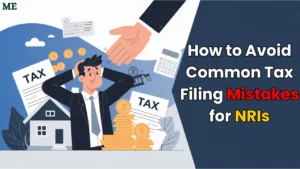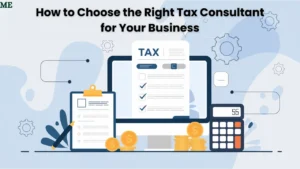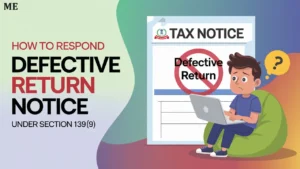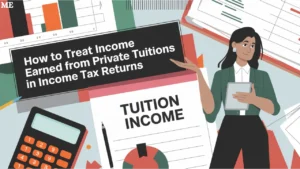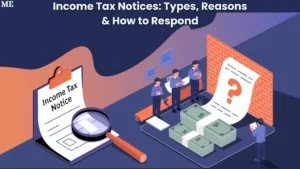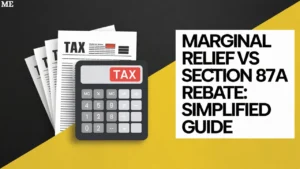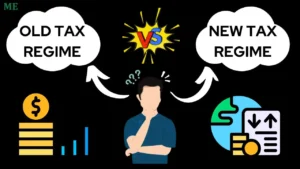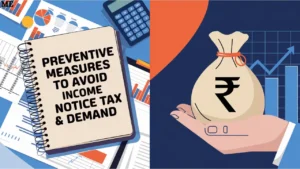Knowledge Center
Latest News
Latest Blog and News
Our Process
Simple, Transparent, Effective

Initial Consultation & Assessment
Comprehensive Consultation and Assessment To Set The Foundation For Success.

Tailored Strategy Development
Customized Strategies To Meet Your Unique Needs and Goals.

Implementation & Filing
Seamless Implementation and Accurate Filing, Ensuring Compliance with Ease.

Ongoing Support & Review
Continuous Support and Periodic Reviews To Keep You Confidently Compliant.


